Recently updated on January 23rd, 2025 at 07:59 am
A diploma in fashion designing opens the door to a world of creativity, innovation, and exciting career opportunities. With the fashion industry continuously evolving, there is a growing demand for skilled designers, stylists, and other professionals. Whether you dream of working with top fashion brands, starting your label, or exploring roles in fashion marketing and merchandising, the possibilities are endless.
The market has also opened up with so many students studying fashion design courses. Many students aspire to pursue artistic courses. So, it is a good idea to look into what lies ahead, whether you are just starting out or about to end your degree in a design school and get your fashion design specialization. Let’s find out.
1. Fashion designer
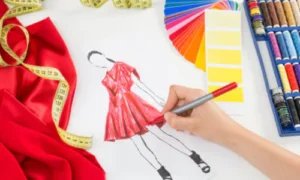
This is, of course, the most obvious option. This is where you can start your boutique or atelier, or work for another designer to create apparel ideas. They can be fast fashion designs, haute couture designs, or bridal trousseau designs—there are numerous alternatives. It is the most popular option for fashion design students. But are there other choices than being a fashion designer
2. Retail Outlet Owner
A qualification in fashion design indicates that you have a keen sense of fashion. Which styles will work well together and which will not? You will also have a sufficient network for fabrics, clothing, accessories, and garments. So you can become a retail buyer, which means buying the best pieces on the market at wholesale costs and selling them to a target audience in a retail store. Attending a design academy also allows you to network with merchants and manufacturers across the country, making sourcing easier if you ever open your retail location.
3. Textile Designer
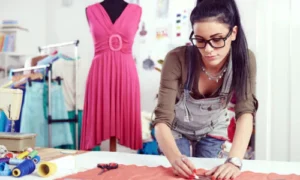
A textile designer produces materials for clothing. A textile designer creates patterns, prints, 3D or 2D embroidery, and other designs for fabrics. They also determine the appearance, texture, and fall of the garment. Because fabric is such an important aspect of fashion, textile designers are in high demand all year and hold a high regard in the business.
4. Stylist
A fashion stylist is someone who puts together outfits and determines which garments look best in a given setting or event. This can include film outfits, celebrities who need to attend events or make public appearances, and even theatrical plays. The stylist also recommends cosmetics, accessories, and hairstyles that complement each individual’s overall appearance.
5. Fashion Illustrator
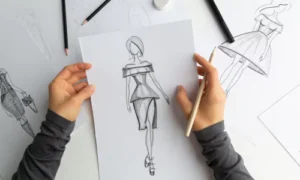
A fashion illustrator combines these two realms. A fashion illustrator collaborates with a designer to bring their ideas to life. Sketching out a design before creating it allows you to discuss it with your seamstress, customer, and other design team members.
Conclusion
Earning a diploma in fashion design unlocks diverse opportunities for further education and specialization. You can advance with certificates, bachelor’s degrees, or focused studies in fashion technology, merchandising, or styling. Each pathway offers unique ways to enhance your skills and thrive in the dynamic fashion industry.


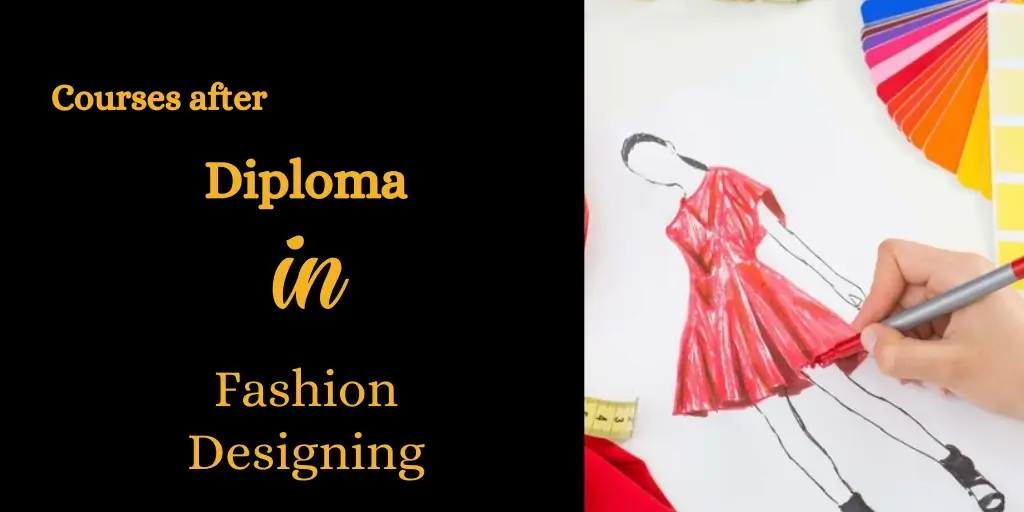
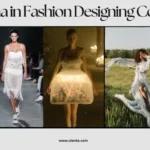



skapa ett binance-konto
August 29, 2024Your point of view caught my eye and was very interesting. Thanks. I have a question for you. https://accounts.binance.info/pt-BR/register-person?ref=GJY4VW8W